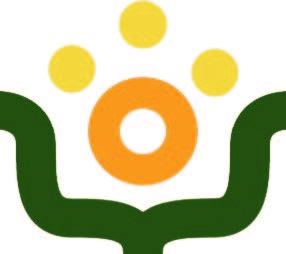

TATAR
OPEN HOUSE
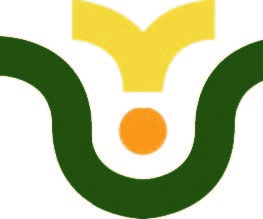
Pennsylvania, 2025
📍 2047 Pumping Station Rd, Fairfield, PA 17320, United States
Program
Click the info tag to explore program details.
How to Fight AI-Based Cheating in Online Learning Environments
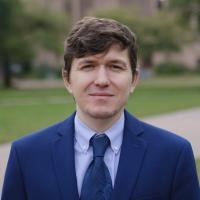
Gani Nurmukhametov was born in Kazan, studied at the Kazan State University, Faculty of International Relations and Political Science.
• Has a Ph.D. in Economics from the University of Washington
• Works as an Assistant Professor at the University of Washington Business School
Gani Nurmukhametov is currently a Ph.D. candidate in economics at the University of Washington (expected to graduate in 2023). Prior to UW, he earned his Master of Science in Applied Economics from St. Cloud State University in 2015 and a Bachelor’s degree equivalent in International Relations from Kazan State University in Russia in 2007.
Gani’s research focuses on macroeconomics, international economics, and economic growth. His job market paper examines the impact of remittances on economic growth through human capital accumulation in developing economies. He also has published work studying fiscal policy effectiveness in Egypt under different debt regimes.
In addition to his PhD studies, Gani has extensive teaching experience as a graduate teaching assistant and instructor at UW since 2015, serving in roles in the Foster School of Business, Economics Department, and Statistics Department. He has taught classes spanning introductory statistics, macroeconomics, microeconomics, operations management, and more, at both undergraduate and graduate levels. Proficient in a variety of software and programming languages, Gani also has professional experience in research and economic analysis roles in Russia prior to arriving at UW, including for Kazan State University’s Center for Advanced Economic Research and the Special Economic Industrial Zone Alabuga development project.
When All Options Aren’t Considered: Limited Attention in Choice Models

Associate Professor of economics at the University of Western Ontario.
Main research interest are Econometric Theory, Industrial Organization and Applied Econometrics.
This presentation explores limited consideration in discrete choice models, focusing on how individuals and firms make decisions when they do not pay attention to all available options.
In standard models, agents are assumed to be fully rational and aware of every alternative, but in many real-world situations, attention is limited and some choices are overlooked. As a result, agents may make decisions that are not optimal given the full set of possibilities. I examine this idea through three examples:
• experimental subjects choosing between monetary lotteries,
• consumers selecting cereal products in a supermarket,
• and firms deciding in which city to open a new store.
In each case, I show how limited consideration can lead to systematic patterns in behaviour that differ from the predictions of fully rational models. By integrating this feature into random utility models, we gain a more realistic understanding of how cognitive constraints shape economic choices.
Breathing Life into Tatar History

Danielle Ross is an Associate Professor of Islamic and Russian-Soviet history. She specializes in the history of the Turkic-speaking Muslim Volga Tatar, Bashkir, and Kazakh peoples under Russian and Soviet rule, with a focus on Turkic-language literature, Islamic education, Islamic law, gender, and colonialism.
She has published Tatar Empire: Kazan’s Muslims and the Making of Imperial Russia (2020) as well as numerous journal articles and book chapters and is the co-editor of Sharīʿa in the Russian Empire: The Reach and Limits of Islamic Law in Central Eurasia (2020) with Paolo Sartori. She is a member of “the Commission on the Study of Islam in Central Eurasia.” Her current book project is “We’re Not Leaving”.
Coming soon: the abstract will be available here.
Nikolai Medtner’s Fairy Tales as a Unique Genre of the Piano Miniature

Ramilya Saubanova is a Tatar Baltimore-based pianist, educator, and Doctor of Musical Arts (DMA) graduate of the Peabody Conservatory at Johns Hopkins University.
Her musical education began in Nizhnekamsk at Gymnasium No. 30, she continued at the Kazan Secondary Special Music School (2013) and the Kazan State Conservatory named after Nazib Zhiganov (2018). From 2018 to 2023, she earned both her Master of Music and Doctor of Musical Arts degrees at the Peabody Conservatory, studying with Alexander Shtarkman.
In 2024–2025, she founded the Tatar Music Concert Series in the U.S. and launched a film project on Tatar classical music in collaboration with Johns Hopkins University. She also co-founded and presides over the Union Square Soirée salon concert series in Baltimore. Active as a performer, adjudicator, and educator, Dr. Saubanova’s debut solo album is slated for release in 2025–2026.
The Fairy Tales—Skazki—as short piano pieces were a favorite form of the Russian composer Nikolai Medtner (1880–1951). While the idea of musical fairy tales began appearing in the early 19th century, no other composer explored this genre as deeply and consistently as Medtner.
The thirty-eight Fairy Tales draw inspiration from Russian folklore and world literature. Yet, rather than directly retelling specific stories, Medtner preferred to hint at a broader, poetic or imaginative world. Many of his works carry no specific title—an intentional choice that invites listeners to interpret the music through their own imaginations.
This genre of musical storytelling also inspired me to create the Tatar Concert–Fairytale, a project that brings together elements of folklore, classical music, and cultural tradition. Like Medtner’s works, it seeks to blur the lines between narrative and sound, offering a space where ancestral voices and contemporary expression can meet.
Though modest in form, these miniatures contain entire inner worlds—mysterious, lyrical, and profoundly human. Yet Medtner’s Fairy Tales remain underexplored and rarely featured in concert programs. In this presentation, I highlight their unique qualities through his letters, compositions, and especially his own recordings. I hope this exploration brings renewed attention to a remarkable genre—one that deserves to be heard, cherished, and reimagined today.
Marketing Your Multilingual Power and Tatar Language Proficiency

Chulpan Khismatova investigates interdisciplinary connections between decision making, language, humanity, indigeneity, and ethnic decorative art. She manages behavioral lab at Duke University, creates and curates content for www.UniqueLeatherMosaic.com .
• Chulpan earned her Master and Candidate of Science degrees in Philology and Pedagogy with concentration in Comparative Linguistics from Kazan State University.
• She received certifications in Behavioural Research Methodology and Technical Communication from Duke University.
Chulpan is an ethnic Tatar who keeps her brain agile and decision-making informed by actively utilizng her several languages. She promotes learning & sustaining of native languages, hand-crafts and non-wasteful, consume-less lifestyle.
In the age of AI, putting efforts in learning and sustaining own’s native language can be easily dismissed as wasteful and impractical. In the presentation, I will emphasize an importance of engaging own brain to keep an individual’s neural net wired through acquiring, improving and sustaining multiple literacies expressed through multiple languages including ancestral one.
“Effortless” acquisition of languages in baby- & childhood along with effortful investment in leaning and sustaining it in adulthood are the ingredients for a vital-for-brain-health regular synaptic activation. I will share how to get the ingredients that will fuel your intrinsic and extrinsic motivation to push the learning /sustaining your native Tatar language that is not only paramount for your own brain but also for survival of our shared mother tongue.
🔗 Speaker’s presentation: View the slides
Tatar Language Ideology: Beliefs, Practices, and Paths Forward
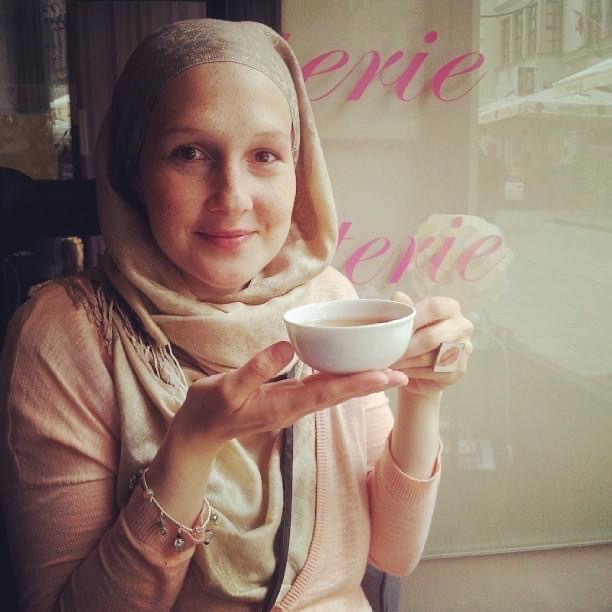
She earned her Master’s degree in History with a focus on Tatar history and education from Kazan State University.
Currently, she is pursuing a Master’s in Bilingualism at the University of Ottawa and works as a research assistant under the supervision of Professor Nikolay Slavkov.
She is a Tatar language instructor at Arizona State University’s Critical Languages Institute and the director of the online Tatar school “Alima Academy”.
This presentation examines the ideologies that shape Tatar language use today, drawing upon Suzanne Wertheim’s seminal analysis of linguistic purism and other linguistic ideologies in post-Soviet Tatarstan.
Wertheim’s work reveals how beliefs about “pure” Tatar serve as a powerful marker of identity, resistance, and authenticity among Tatar speakers. Building on this foundation, I will explore how these ideologies continue to influence language attitudes, learning choices, and everyday linguistic practices in both Tatarstan and diasporic contexts.
The talk will also reflect on how these beliefs intersect with feelings of shame, pride, or insecurity in language performance—especially among youth and bilinguals. By connecting theory with lived experience, this presentation invites a conversation about how we can move toward a more inclusive and empowering vision of Tatar language maintenance.
Documentary Screening – “Kazan Stitch”
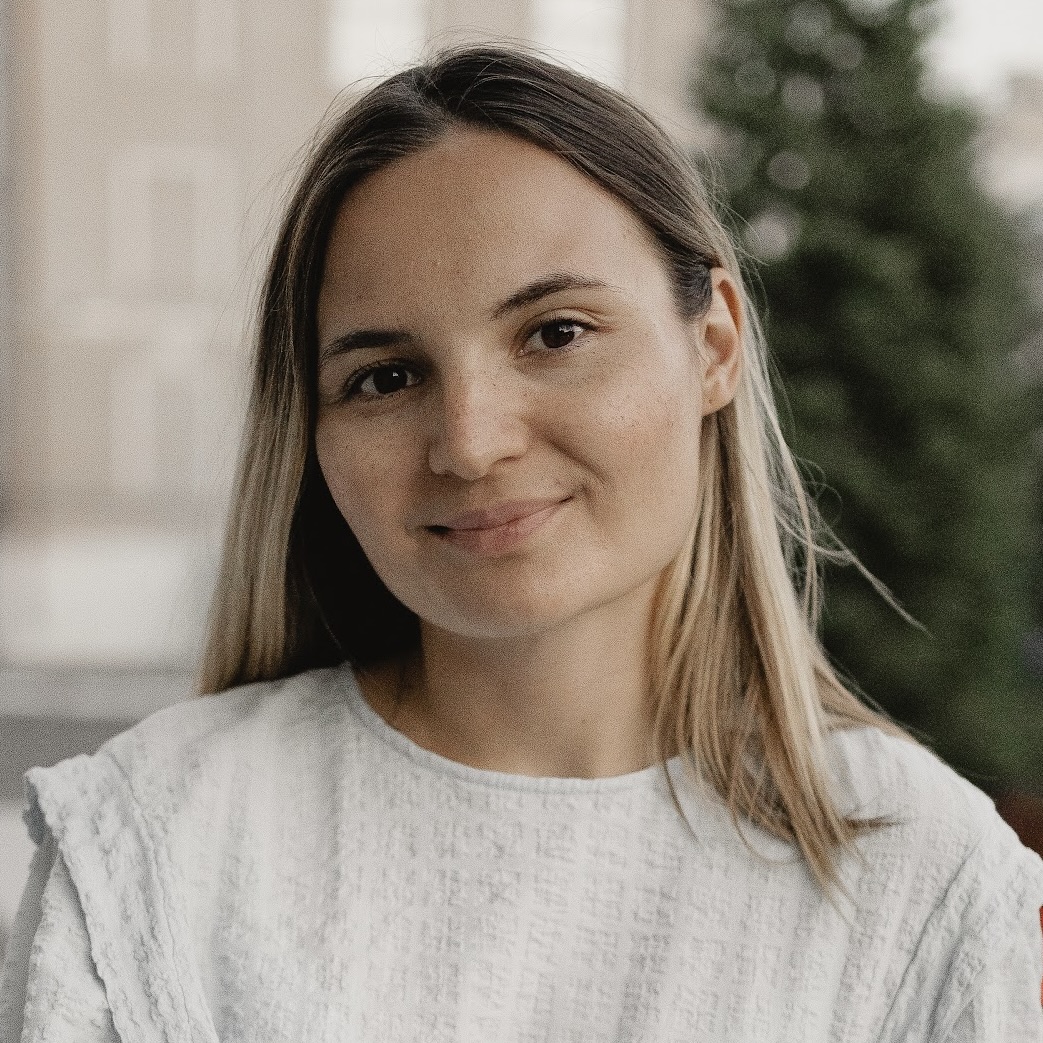
Founder of “Qul Eşe” , a conceptual school of Tatar traditional craftsmanship.
What is the “Kazan stitch”? What makes it so distinctive — and why can it never be confused with any other?
This film takes us beyond the familiar, offering a deeper look into the heritage of this intricate craft. Who are the people who have devoted their lives to preserving and practicing this rare art? What role has the Arsk PONO played in its story?
Through the voices of its keepers, the film unfolds the beauty and layered history of the Kazan stitch — a tradition as precise as it is poetic.
This film is about the famous Archa boot factory, the history of the ancient national seam and national footwear, its development, near extinction, and revival. Film has just been released in Tatarstan so be sure to join us in Tatar Open House!!
Stitching Interconnectedness of Muslim and Turkic Crafts through Kazan Zhoyu and Quiely Qün

Chulpan Khismatova investigates interdisciplinary connections between decision making, language, humanity, indigeneity, and ethnic decorative art. She manages behavioral lab at Duke University, creates and curates content for www.UniqueLeatherMosaic.com .
• Chulpan earned her Master and Candidate of Science degrees in Philology and Pedagogy with concentration in Comparative Linguistics from Kazan State University.
• She received certifications in Behavioural Research Methodology and Technical Communication from Duke University.
Chulpan is an ethnic Tatar who keeps her brain agile and decision-making informed by actively utilizng her several languages. She promotes learning & sustaining of native languages, hand-crafts and non-wasteful, consume-less lifestyle.
The “Kazan Zhoyu” documentary tells a heart-warming story of the unique Tatar art of Quiely Qün through the eyes of workers of manufacturing facility in Kazan suburban Arsk that in 1960-2002 was the sole producer of shchiteqler and the keeper of an ancient art.
In the presentation, I will remind the key points about history of the world-renowned leather processing
and craftsmanship that the modern Volga Tatars and their ancestors (Itil-Ural “aboriginals”- Saka & Turkic
nomads – settled Volga Bulgars – Ulus Ulug “Tartars”, Kipchaks, Pechenegs – Kazan Khanate Muslims – Volga
Tatars of Moskoviy & Rossiyan Empire, of TASSR, of Tatarstan Republic of Rossiyan Federation) mastered for millennia.
I will also showcase the identical-to-Kazan-zhoyu stitching technology that has been utilized by the leather craftspeople
in other Muslim countries. In the interactive activity, we will discover the ornamental and symbolic similarities of Tatar
Quiely Qün art with the textile crafts of other Turkic people.
🔗 Speaker’s presentation: View the slides
Open Tatar House is a bold new space imagined and led by the rising generation of Tatars in North America. It’s where heritage meets fresh energy — a mini-summit shaped by young minds who care deeply about language, identity, and community.
This isn’t our first step. In December 2023, we organized the first-ever North American Tatar Summit in Durham, NC — a two-day gathering of scholars, creatives, and changemakers. It proved what we’re capable of when we come together.
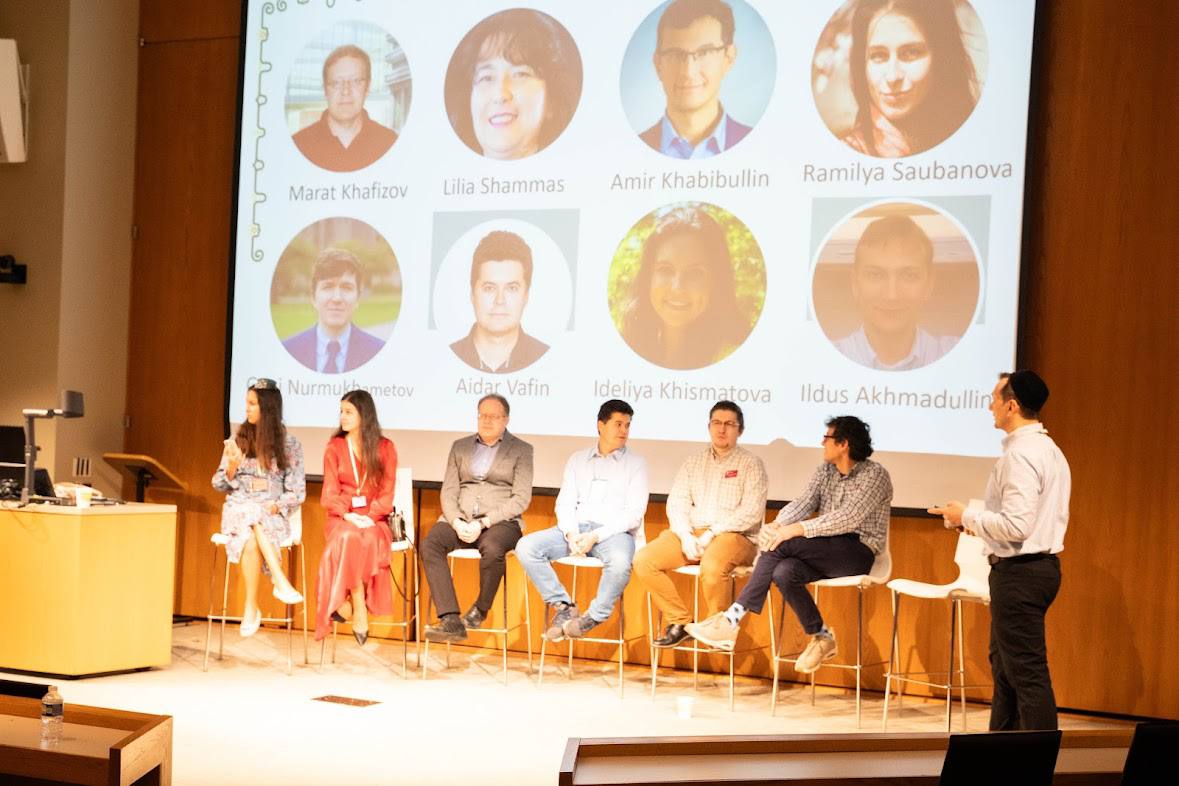

Now, with Open Tatar House, we’re taking that spirit further — creating a space that’s vibrant, inclusive, and youth-driven. Come see what the future of Tatar life in North America looks like — it starts here.
Open Tatar House is hosted as part of TatarAlan EastCoast 2025.









